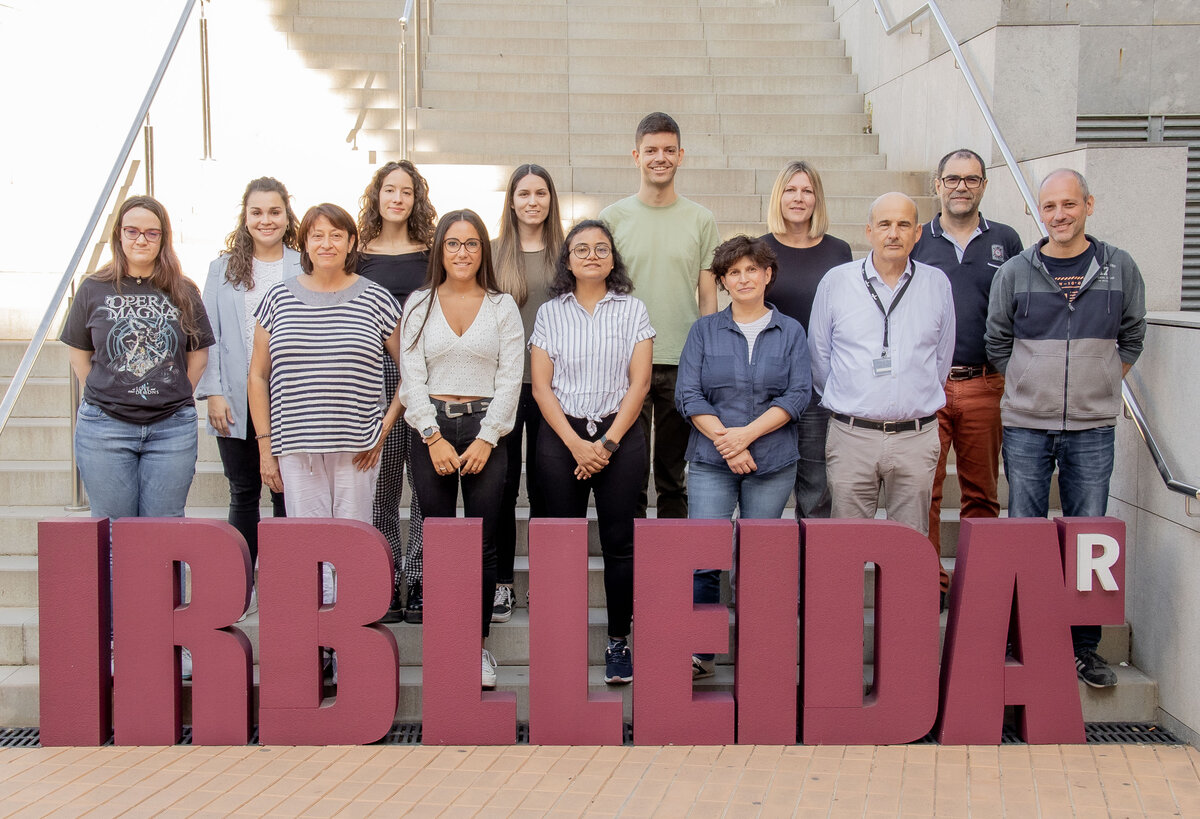Cell cycle

The Cell Cycle group studies the molecular mechanisms that regulate the division of eukaryotic cells, in particular:
- (A) the mechanisms dependent on SUMO and SMC complexes that ensure genome stability during the cycle and in response to DNA damage.
- (B) the mechanisms involved in the control of Cell Cycle entry and its relation to polarity, cell adhesion and migration.
Mouse embryonic fibroblasts, cell lines and primary cultures of human keratinocytes are used as models of cell adhesion and polarity whereas budding yeast and human cell lines are employed for chromosome replication, cohesion and segregation studies.
The overall goal of this work is to contribute to a better understanding of the processes that are altered during the loss of genome integrity and in diseases such as cancer.
Featured publications
Pedraza N; Monserrat MV; Ferrezuelo F; Torres-Rosell J; Colomina N; Miguez-Cabello F; Párraga JP; Soto D; López-Merino E; García-Vilela C; Esteban JA; Egea J; Garí E
Cyclin D1-Cdk4 regulates neuronal activity through phosphorylation of GABAA receptors.
Cellular And Molecular Life Sciences 80 280-280. .
Ibars E; Codina-Fabra J; Bellí G; Casas C; Tarrés M; Solé-Soler R; Lorite NP; Ximénez-Embún P; Muñoz J; Colomina N; Torres-Rosell J
Ubiquitin proteomics identifies RNA polymerase I as a target of the Smc5/6 complex.
Cell Reports 42 112463-112463. .
Responsable/s de grup

Eloi Garí Marsol

Jordi Torres Rosell
eloi.gari(ELIMINAR)@udl.cat
jordi.torres(ELIMINAR)@udl.cat
Biomedicine I / Biomedicina I
3rd Floor / 3a planta






